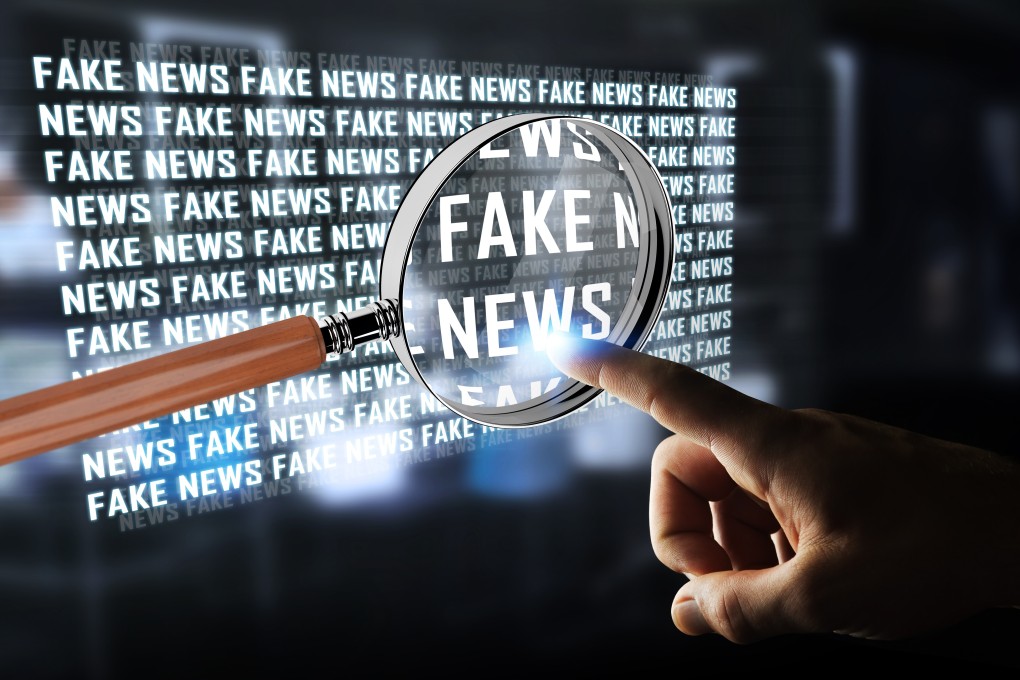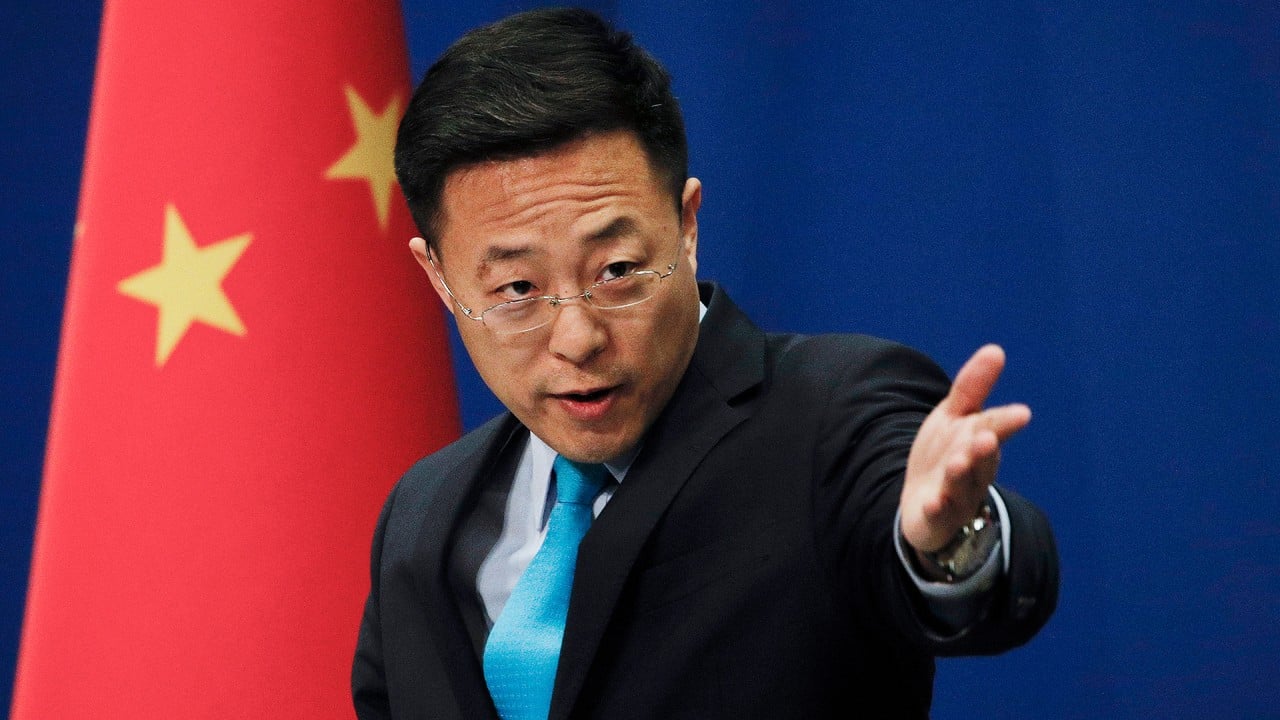Letters | Free speech must rule the internet: but at what cost?
- Where the boundaries of freedom of expression and censorship lie is ultimately a question of values. The line has to be drawn collectively by all stakeholders in society

The internet and social media companies such as WhatsApp, Facebook and YouTube have transformed the way we learn, study, work, play and interact, such that it is not an overstatement to say a large segment of our lives has shifted online. However, as with most societal transformations, the benefits are inevitably followed by challenges which tend to be overlooked at first.
On one hand, some vouch for the right to freedom of expression. They argue that nobody – not Facebook nor the government – has a monopoly on the truth, and that letting minority views dismissed by the establishment circulate in the public debate is crucial for us to challenge the status quo and facilitate the advancement of mankind.
They argue that it is only continuous debate between alternative theories that will eventually allow us to refute false claims and discover the truth.

01:55
Chinese foreign ministry spokesman claims US army brought coronavirus to Wuhan
